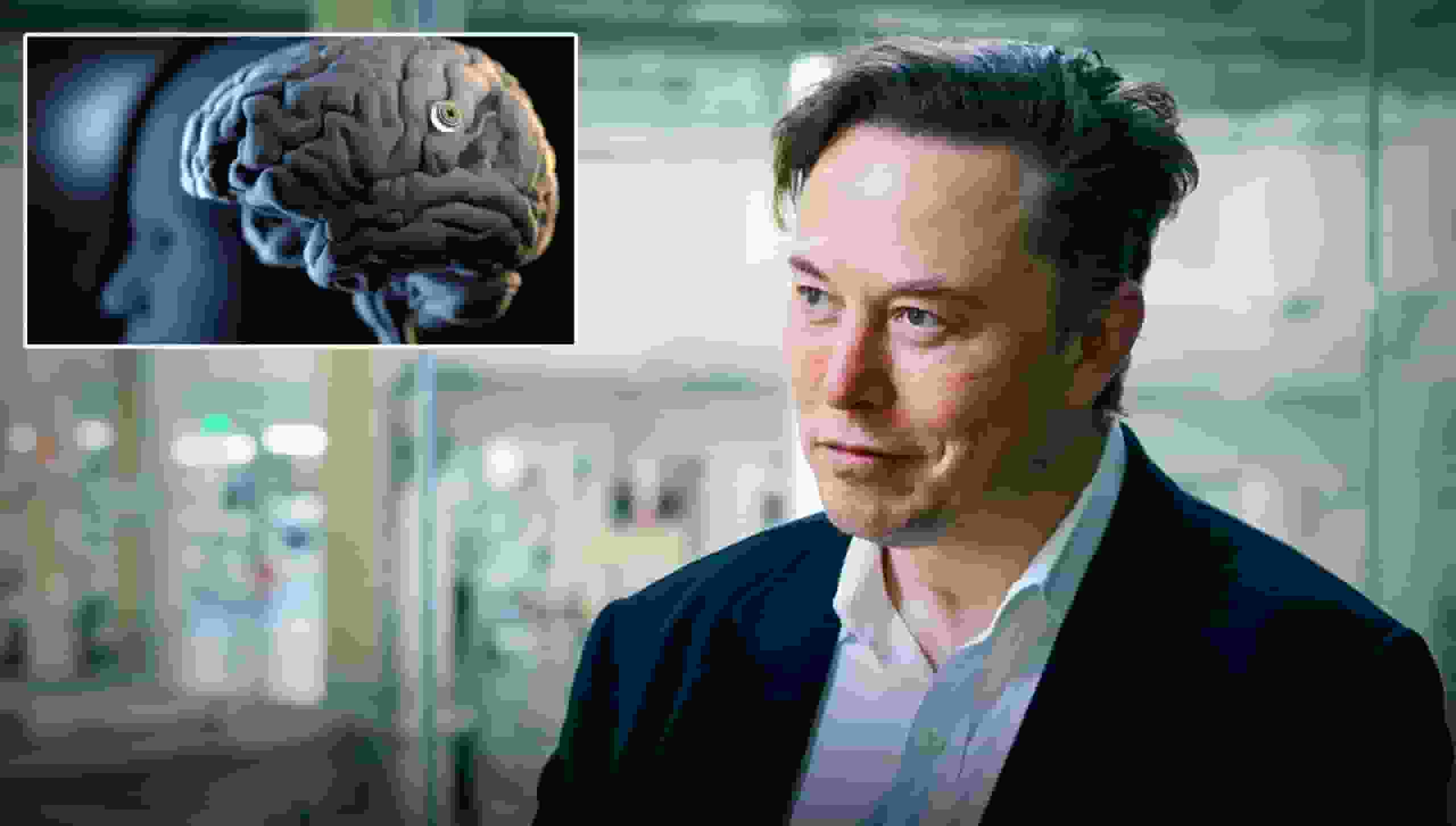
The US Food and Drug Administration (FDA) has denied Neuralink application, meaning the company won’t be conducting any human trials for its brain implant anytime soon.
Elon Musk, the richest man in the country, founded Neuralink, a controversial human brain chip firm, but the Food and Drug Administration rejected its request to commence human testing.
FDA Poses Safety-Related Inquiries on Musk’s Brain Implant
Before human testing, a crucial step in the final product clearance process, the government listed dozens of flaws the business must address, according to Neuralink employees who spoke to Reuters.
The staff said there are worries about the lithium battery in the device, the possibility that the implant’s small wires would spread to other parts of the brain, and whether or not the gadget can be removed safely without harming brain tissue.
Officials at Neuralink admitted that the FDA had posed safety-related queries as part of what they described as an ongoing conversation.
The agency’s written rejection, which is legally privileged, was not provided to Reuters by the sources, who instead chose to explain them in an interview.
Since a few months ago, the business has come under fire from animal protection organizations and former employees who have raised concerns about violations of animal care.
Laboratory records kept by researchers at the University of California, Davis (UC Davis) reveal problems with the implants in animals, supporting FDA concerns.
According to five Neuralink insiders, the FDA’s rejection identified dozens of what the agency refers to as deficiencies that the business must fix before conducting human trials.
Six current and former employees, the implant has small threads that carry electrodes and are cemented into the head, but the FDA is worried that the threads could migrate to other brain regions.
Musk reportedly tried to solve the problem by testing the implants on numerous pigs but to no avail.
According to Victor Krauthamer, a former FDA official who spent three decades in the agency and served as acting director of the office that oversees requests for human trials for brain implants, migrating wires would lead to inflammation in the brain, impair specific functions, and rupture blood vessels.
Read more: Study: Marijuana usage on a regular basis increases the risk of heart disease
Neuralink FDA Approval

However, by the end of 2020, according to Musk, Neuralink hopes to have regulatory approval for human implant testing.
Musk tweeted in February 2021 that Neurolink is working really hard to assure implant safety and is in close contact with the FDA. Later this year, if all goes well, we could be able to conduct the first human trials.
Musk states in an interview that the business assertively hopes to receive FDA approval to “perform the first human implant this year.”
According to a tweet by Elon Musk in November 2022, “We are now confident that the Neuralink device is ready for humans, so timing is a function of getting through the FDA approval procedure.”
At a “show-and-tell” presentation that was live-streamed by Neuralink, he stated that he anticipated the gadget to be used by people in six months and that he thought it was safe enough for his own children.
Read more: Scientists develop breast cancer vaccine that can save lives without any side effects!

